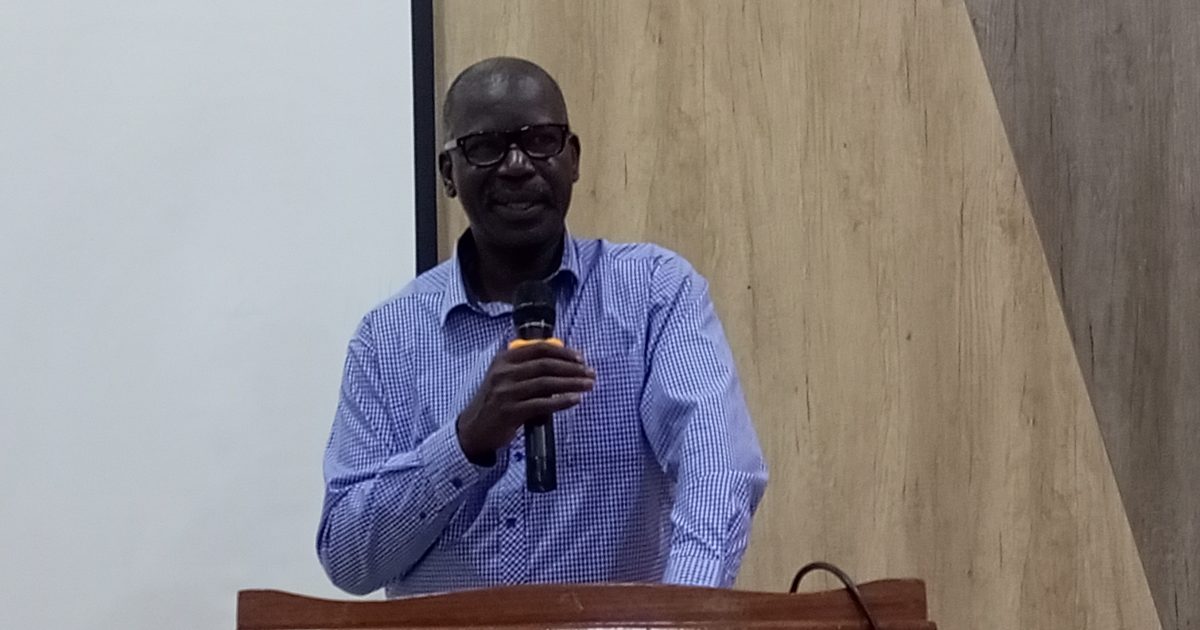Civil servants in Nakuru County have called on public hospitals to set aside private wings for workers even as the National Hospital Insurance Fund (NHIF) called for prudent use of medical covers.
Led by Nakuru West DCC Simon Werre, the officers urged public facilities to allow express services for public officers, to enable them utilize the facilities that would in turn improve their capitation ahead of the Universal Health Care (UHC) programme rollout.
“The Civil Servants always have their deductions made promptly to the National Health Insurance Fund and this therefore means they are the primary financier of NHIF. It therefore calls for equal VIP treatment when they access the public hospitals; and also to allow them to go back to work,” noted Werre.
The officers regretted that no resources had been designated for the workers and long queues had pushed them away to private facilities, further denying the government funded facilities an opportunity to reap from the fund.
The medical covers that are now capped at Sh 70, 000 (outpatient) and Sh700, 000 (inpatient) for officers serving in job groups A-K, covers the principal member with five children and one spouse.
NHIF Rift Valley Regional Manager, Robert Otom, while calling on the officers to prudently put to use their covers to avert depletion before the end of the financial year, noted that the shared resources were limited to the seven family members for a year.
“We are in talks with the county government officers to help them see the business sense of having a specialized wing for civil servants in every public facility. Most officers have found themselves exhausting their limits half way while attending private hospitals that charge exorbitantly,” added Otom, noting the need to improve services at the facilities as they were the drivers of UHC.
The officers are required to make additional contributions for more children, with those changing spouses only allowed to cover them after a month. The Comprehensive cover, also takes care of fertility treatment, dialysis, drug and substance abuse rehabilitation as well as treatment overseas among others.
Otom noted that the fund also covered for air and road evacuation, in cases of emergencies, urging the officers to also acquire a Travel Insurance each time they went for overseas treatment as it would come in handy in travel delays and for repatriation of the body in case of death.
“We have noted with concern that more women seek their vitals checked through the annual checkups, than men. It is good to have the checkups dome annually, as this will flag out diseases before they reach alarming stages,” Tum said, noting that the men should demand for blood sugar tests as well as to check on their prostates.
The public officers also called on the fund managers to raise the ceilings on the cover, noting that medial expenditures were unaffordable if they were to fund them from the pocket.
“Setting the limits at Sh 70, 000 is very punitive for an officer, who does not wish to be sick in the first place. Some of the members are terminally ill and the process of seeking excess of loss cover is so bureaucratic and inaccessible for those who are not well connected,” observed Gerald Opiyo.
Anne Muthoni queried, “Could we have our public facilities stocked with drugs available for civil servants?”
The officers regretted that no clear plan had been set out by the NHIF for officers retiring the civil service and urged the government urgently address the issue.
By Anne Sabuni




